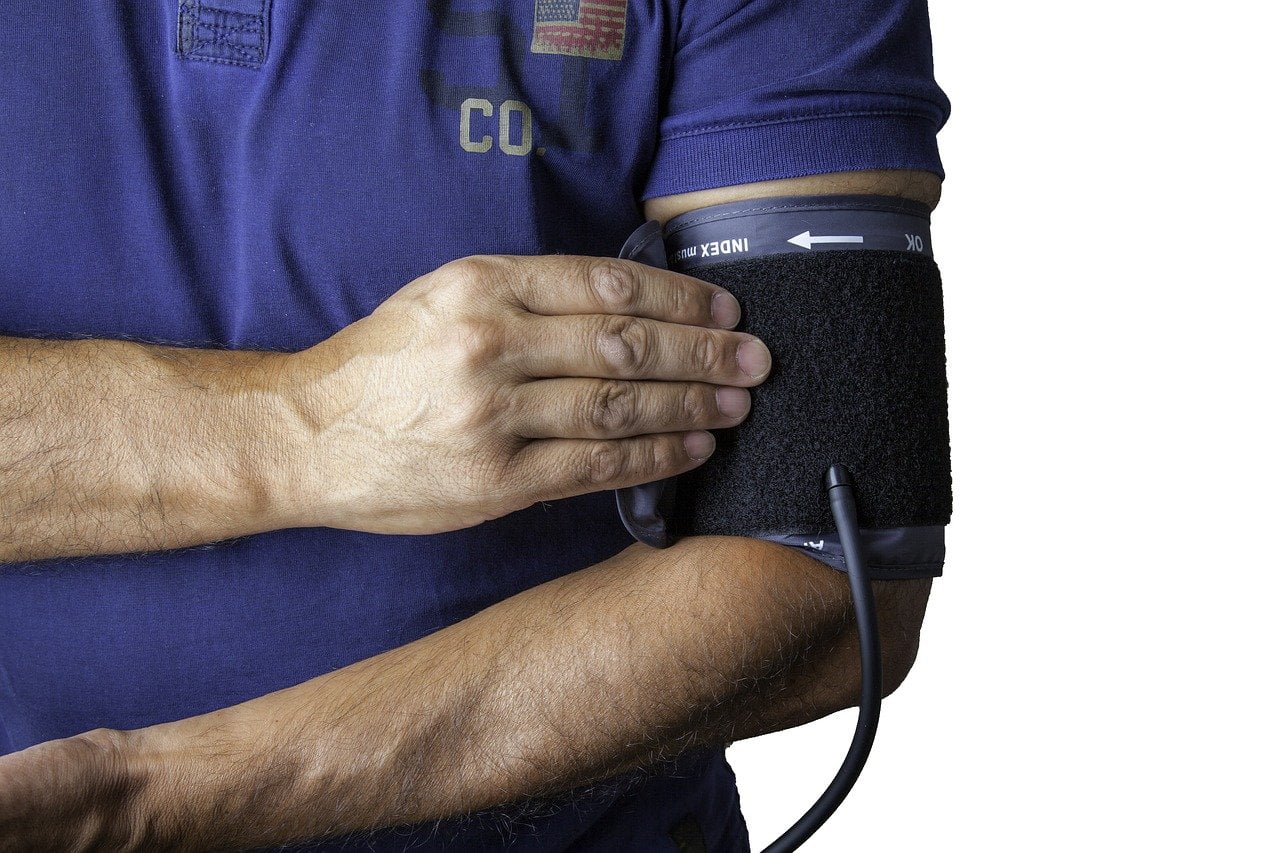Ross Klein of Changebridge Capital presented a pair of ideas at a recent webinar with ValueWalk. Changebridge Capital manages two active exchange-traded funds. The firm uses a quant, fundamental and sustainable process to select high-conviction names. It keeps 30 to 40 long positions and 15 to 20 short positions in one of its funds, and the other fund is a long-only fund. Neither fund has much overlap with the S&P 500.
Q2 2021 hedge fund letters, conferences and more
Background On Quipt
One of the two ideas Klein presented was Quipt Home Medical Corp (NASDAQ:QIPT), a durable medical equipment supplier with a $180 million market capitalization. The company up-listed to the NASDAQ about two months ago. According to Klein, Quipt enjoys organic growth of 11%, which goes to between 30% and 40% with acquisitions.
He believes the acquisition landscape for durable medical equipment suppliers is fertile. Most are mom-and-pop shops, and it's extremely difficult for small durable medical equipment suppliers to grow on their own beyond state lines. Quipt has become a stellar acquirer of such companies, often achieving synergy in a matter of months after closing its acquisitions.
Klein said 72% of Quipt's end market consists of respiratory equipment, while 19% is sleep and the other 9% is mobility. Forty percent of the company's payors are Medicare, while another 40% is private insurance, 10% is Medicaid, and 10% is patient pay. He also said 75% of the company's revenue is recurrent and comes in the form of services, supplies or replenishments.
Why Things Are Moving For Quipt
Klein noted that the U.S. population is aging, and there's been an increase in sleep disorders and respiratory health problems. Last year brought social distancing, with many people not going to the gym or eating as well as they did before and skipping doctor visits, resulting in worse health.
He also said the regulatory landscape has been challenging to maneuver, and in the last 12 months, that has changed the market in ways Quipt and its peers never thought likely. Klein explained that there had been an ongoing effort to help low-acuity patients, those with less severe but recurring problems, get care at home. It's difficult for hospitals to provide them care, but it's difficult to send them home because of the recurring nature of their problems.
For decades, hospitals have been pushing for a way to provide such patients with home-based care, but financially, it was unreasonable. In the last year, COVID has caused hospitals to be overflowing with patients. There have even been popup hospitals in stadiums and parks amid the shortage of hospital beds and overcrowding. Klein said that served as the catalyst for finding ways to ship low-acuity patients out of hospitals.
Positive Changes For Quipt
The Centers for Medicare and Medicaid Services recently issued updated reimbursement for home care that's at parity with care in a hospital setting. Klein said that for Quipt, this means meaningfully higher demand for durable medical equipment for the home.
He added that we don't see this in the numbers yet, but there's a massive transition going on around the resurgence of COVID. Klein noted that the changes are going to take time, but healthcare is being decentralized. He expects Quipt to benefit from the aging, unhealthy population and its proven management team with a long runway of acquisitions, clean balance sheet and positive free cash flow.
Klein also said reimbursement rates for oxygen equipment has also been positive for manufacturers and suppliers. Further, Quipt's CEO has been buying stock in the company personally and is a large shareholder.
This post first appeared on ValueWalk Premium






